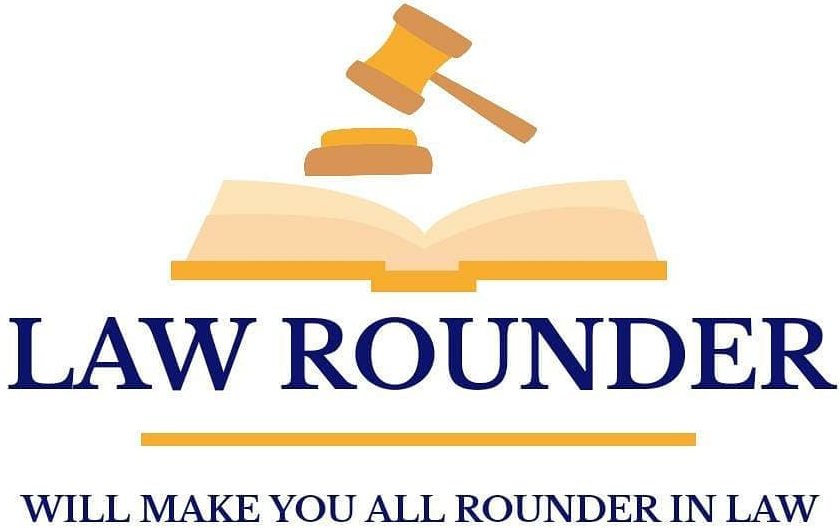
While deciding the question of custody of a minor child in a matter, the Karnataka High Court on Friday (11th September) referred to the principle of Shared Parenting.
which is defined to include shared parenting authority as well as shared parenting responsibility in the day-to-day upbringing and the welfare of the children.
The Division Bench Comprising Justice B. V. Nagarathna and Justice N. S. Sanjay Gowda observed,
“It is necessary to remind ourselves that a child requires both, the mother and the father in jointly bringing up the child which would have a holistic impact on the overall growth of the child.”
The Court further remarked,
“This is because both parents have a joint responsibility in bringing up their children as each parent would contribute in a unique way to the mental, physical and emotional/psychological development of the child
Separation between the parents, shared parenting would mean that the joint responsibility would continue subject to certain arrangements being put in place.”
1.The background of the case
The Court was hearing the appeals preferred by the wife and husband respectively assailing order dated 21.11.2014 passed in G.& W. case No.101 of 2012 by the III Additional Principal Judge, Family Court, Bengaluru.
Petition was filed by the wife (mother of minor child Aditya Rajiv Ratnam) under Sections 7 and 17 of the Guardians and Wards Act, 1890 (hereinafter referred to as ‘the Act’ for the sake of brevity).
Seeking appointment of herself as guardian of the minor child and to grant permanent custody to her.
Family Court declared the mother as the guardian of the minor child Master Aditya Rajiv Ratnam and that the child shall continue to be under the care and custody of the mother.
However, certain directions were issued regarding visitation rights for the respondent/father.
Being aggrieved, both the parents of the child have preferred their respective appeals.
Centre of controversy, which also was also a factor which caused a delay in the settlement of disputes between the parties in the instant case, was regarding custody of the minor child, Master Aditya Rajiv Ratnam.
It may be noted that the parties were granted a decree of divorce by mutual consent by judgment dated 27/08/2020 subject to the terms agreed upon by them.
Court’s Observation
Whenever the husband and wife seek to dissolve their marriage, the conflict over the custody of the child, particularly a minor child assumes significance.
The Court took into account the fact that whenever there is opposition by a party for giving custody of the child to another party and vice versa.
Conflict can become extreme and aggravated sometimes resulting in dilution of any settlement that could be arrived at between the parties to seek dissolution of their marriage.
One cannot underestimate the fact that in the case of separation of parents on account of the dissolution of marriage by a decree of divorce, the children of the marriage are most affected physically, emotionally and their upbringing would take a beating.
Also Read;https://lawrounder.com/news/future-of-thousands-of-students-at-stake/
3.In this context, the Court remarked,
“One of the ways to resolve the conundrum is, by the emerging concept of shared parenting. In some overseas jurisdictions, the concept of shared parenting has been in vogue and prevalent but not so well entrenched in India and has been ordered only in a handful of cases.”
READ JUDGMENT BELLOW:
